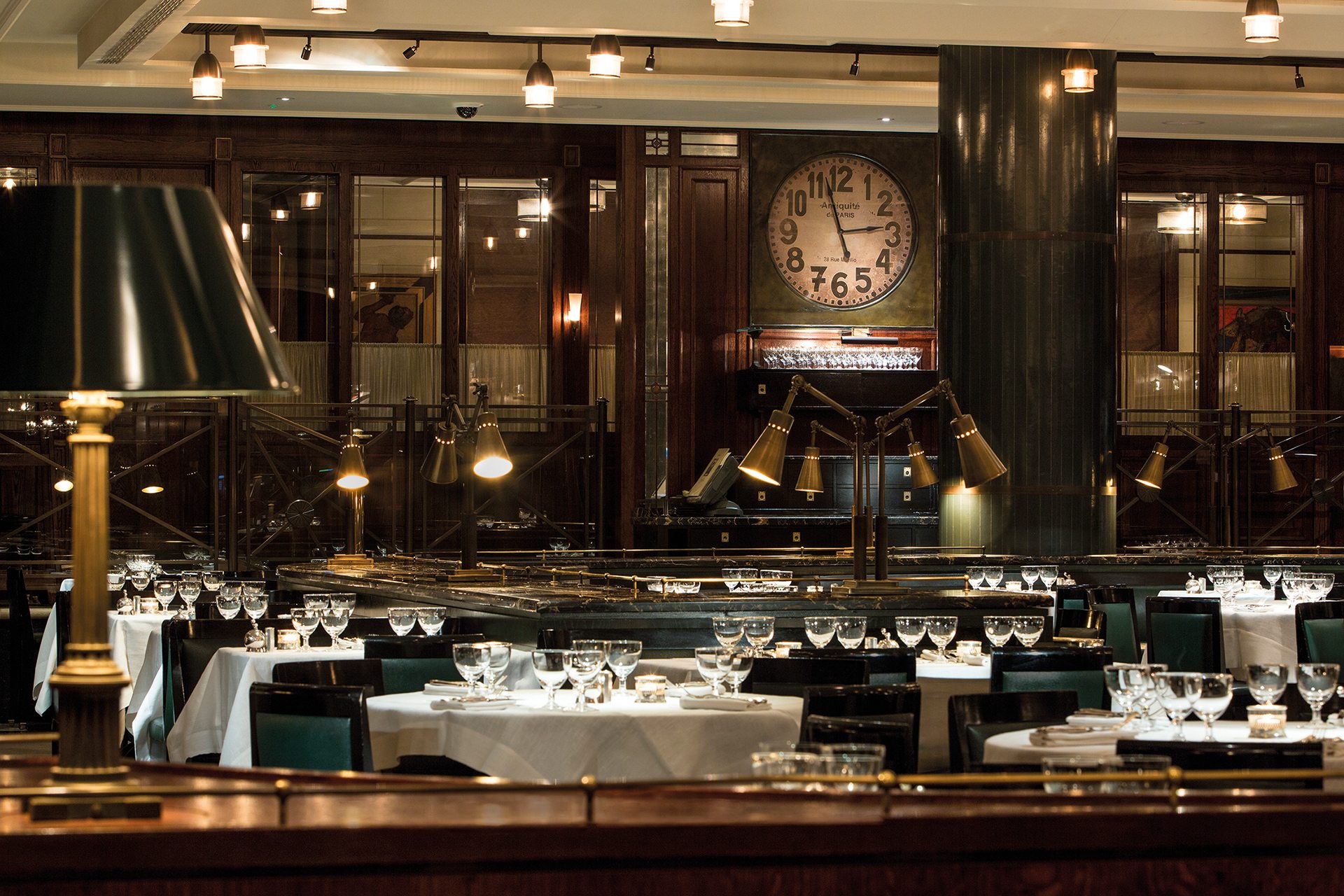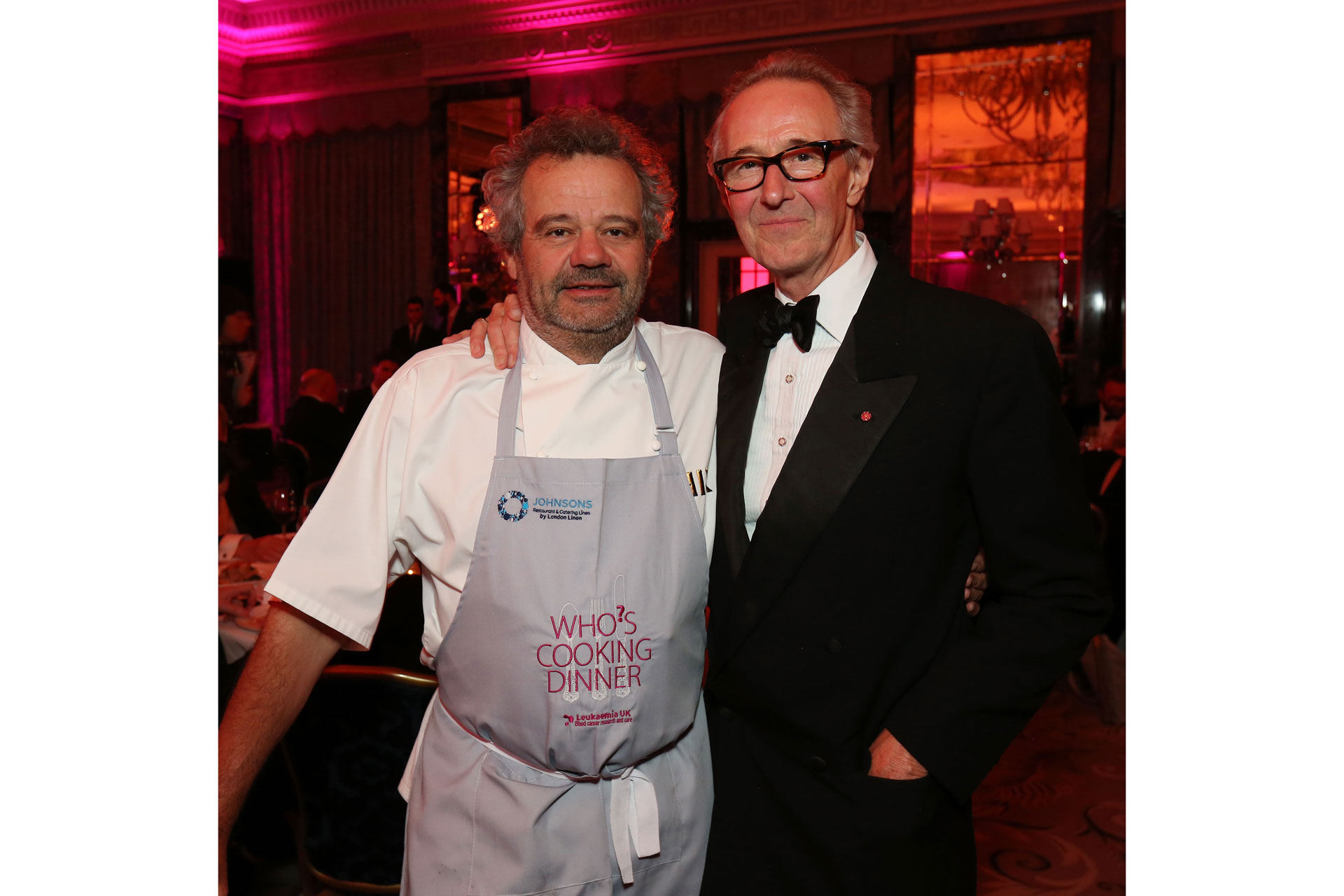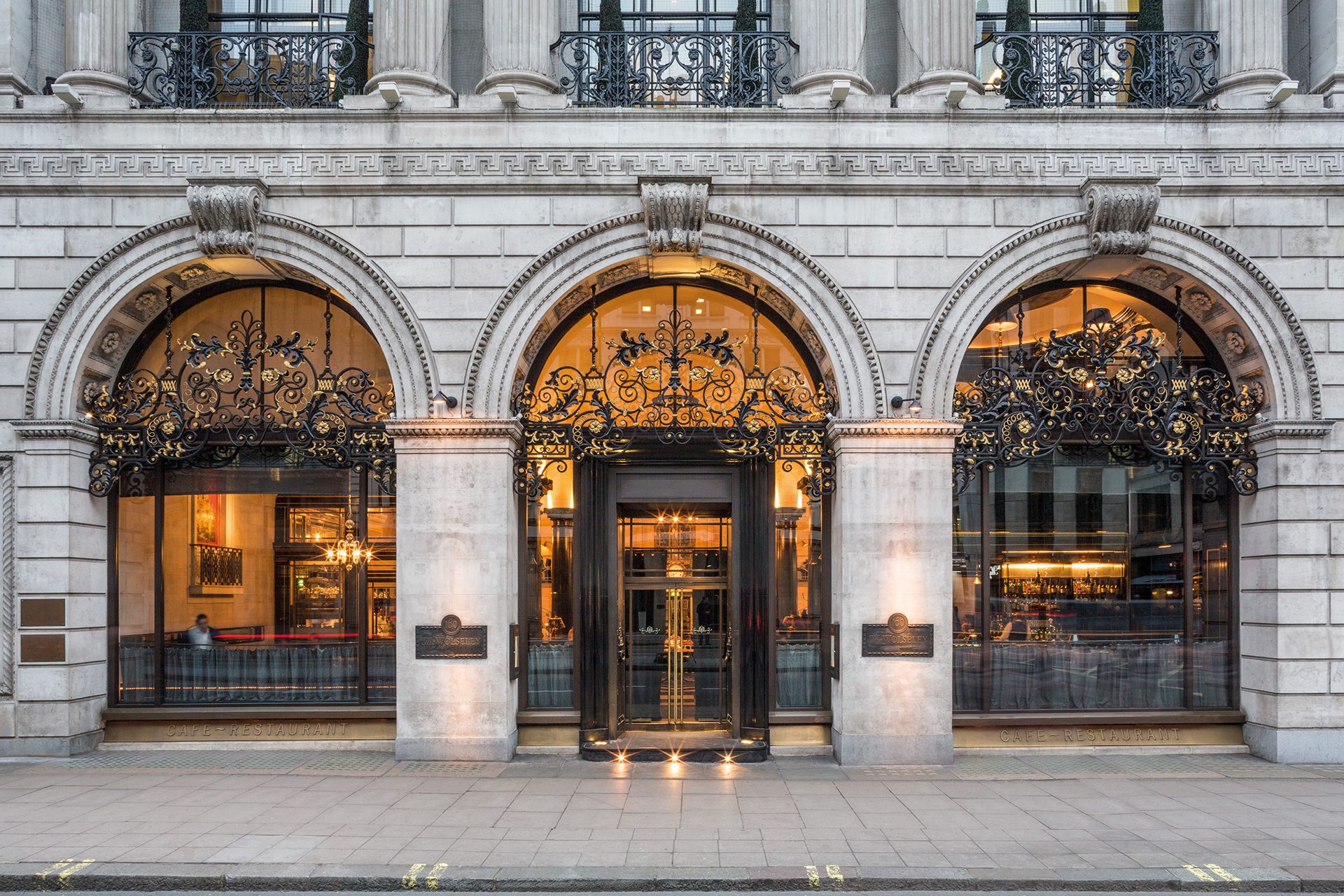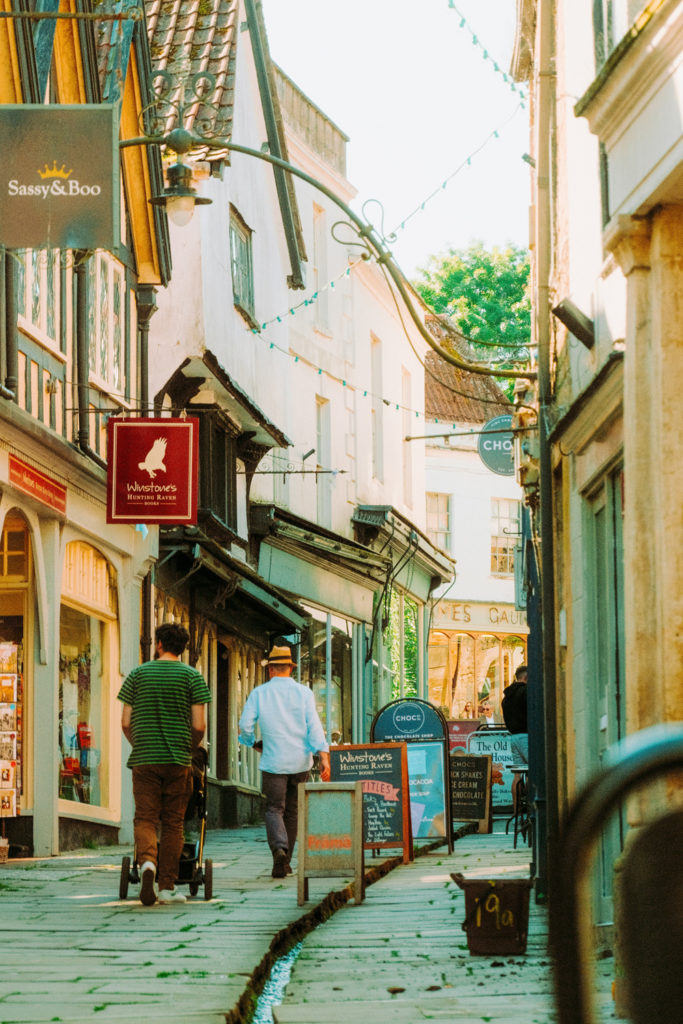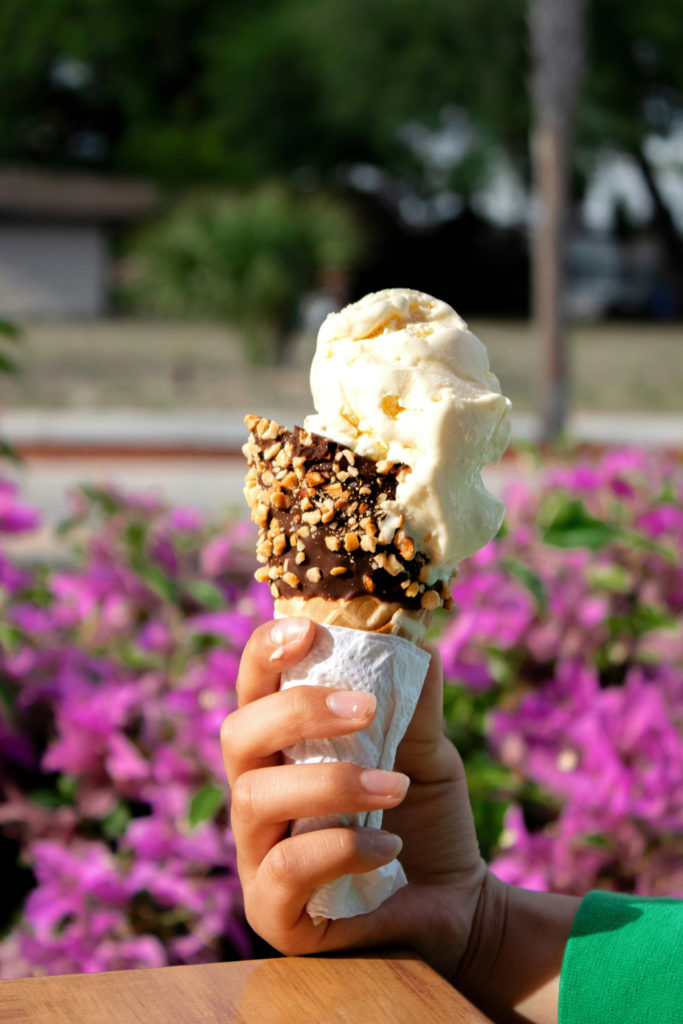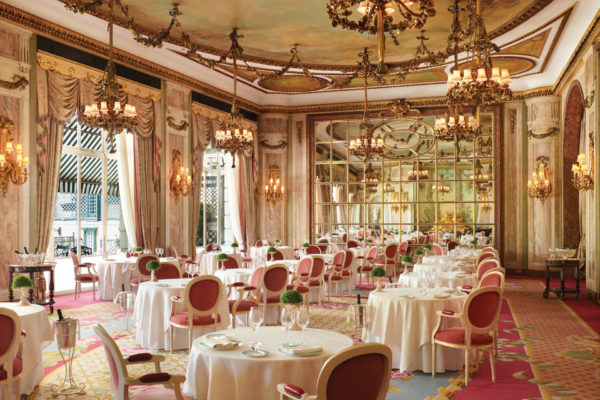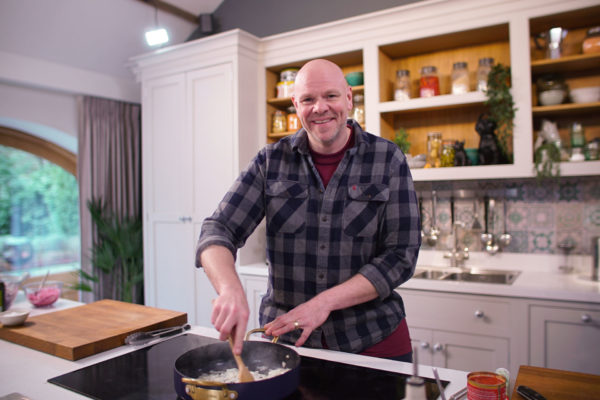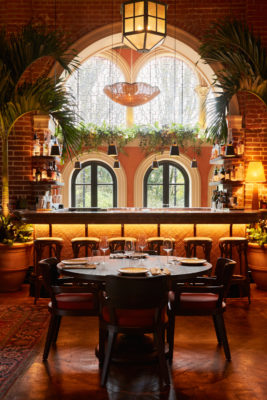Chris Corbin on the Secret To a Good Restaurant
By
3 years ago
Meet the name behind some of London’s most iconic restaurants
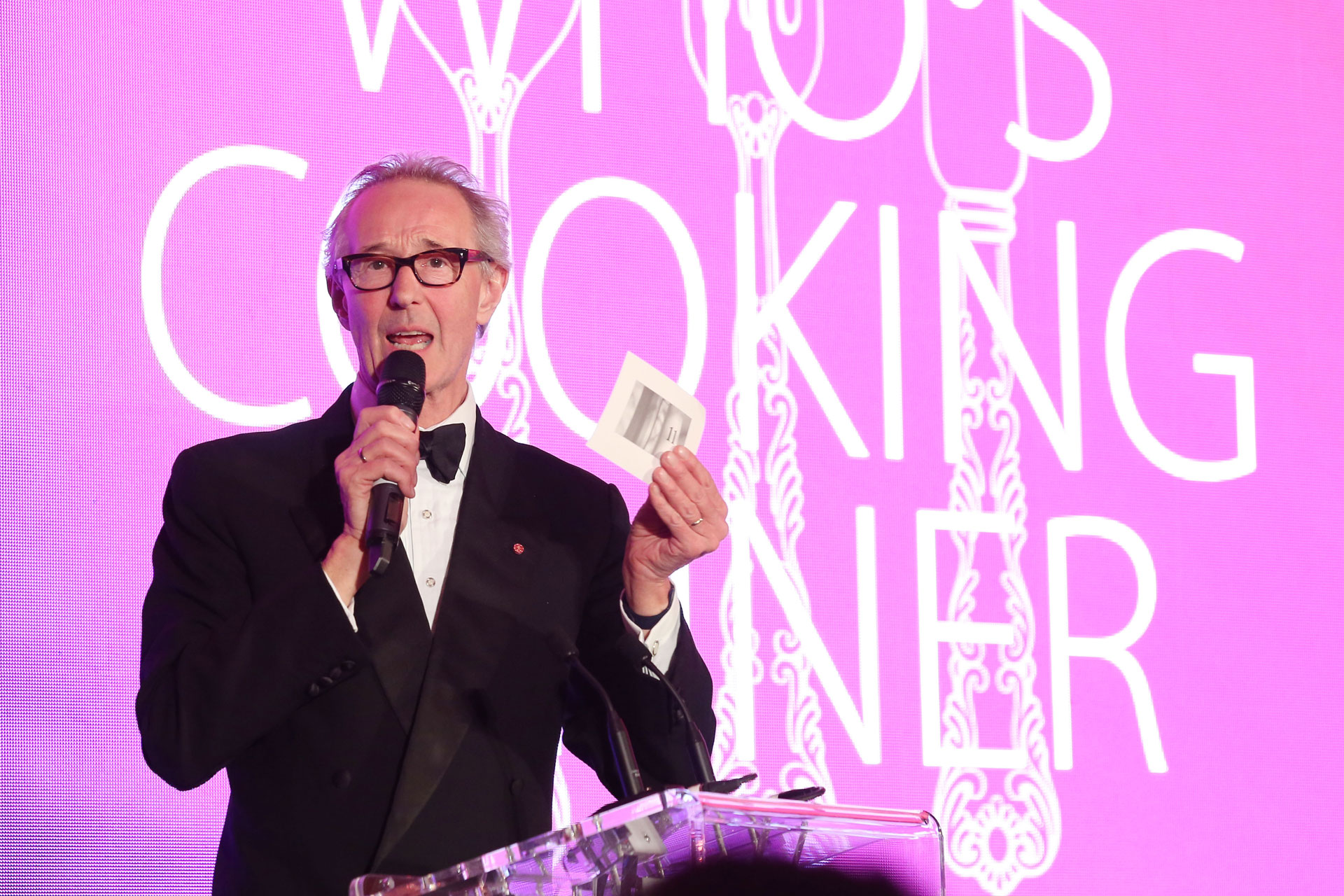
Chris Corbin is a legend on the London restaurant scene. Alongside his long-time partner Jeremy King, he has founded some of the capital’s biggest culinary hotspots, helping shape the restaurant world along the way. The pair joined forces back in the ‘80s, opening Le Caprice in 1981, the West End stalwart which hosted everyone from Princess Diana to Mick Jagger (sadly closing last year after an impressive 40 years).
Together, as restaurant group Corbin & King, they had a knack for creating long-standing, pioneering restaurants, with a portfolio that includes The Wolseley, The Ivy, Colbert and The Delauney. Their openings have been magnets for A-listers, from the Beckhams to Kate Moss, alongside top chefs – though the duo always strived to instill an egalitarian, non-stuffy atmosphere, where anyone was welcome. And when Corbin & King was taken over by the group’s majority shareholder, Minor International, in a very public battle earlier this year, stars rallied to support them. As Corbin puts it, though, they ‘had the best of it’. Here, he reminisces on decades in the restaurant industry with C&TH.
Chris Corbin on the Secret To a Good Restaurant
How did you first become interested in the restaurant world?
I was brought up in Bournemouth, and I spent about five years of my life working as an engineer. I left, and got a job in a bar. I thought: this is actually something I really like. I met a girl who was working as a receptionist in the hotel, and we used to go shopping in London a lot. Ultimately I realised that if you want to do this seriously you have to get out of a smaller town and go to London. The first job I had was somewhere called The Rib Room, and later I managed to get a job at Langan’s Brasserie. Restaurants were changing. We were starting to see big restaurants, with a very relaxed atmosphere – it wasn’t fine dining, it wasn’t precious. I worked my way up and I became the manager there. One day one of the customers said to me: maybe you should have your own restaurant. I thought, I’ll phone him up and see if he’s serious about it. He said, if you find the right premises I might invest. I came across what was Le Caprice, so I showed him the property and he thought it was great. That’s where I invited Jeremy King to join.
What was it like in the beginning?
We opened Le Caprice in 1981. It was a very exciting time because the world was changing, in terms of the food. We added to that a little bit: we were providing something that was a little bit more casual, a mixture of menus – coq au vin with eggs benedict. Some people reacted badly, others thought: this is actually more interesting. Jeremy and I ran that for about 10 years, with the eventual outcome of taking on The Ivy. That takes me to the point where I got ill. I was diagnosed with leukemia in the same year. My wife had just had twins, so it was a pretty bad time to be diagnosed.
There’s a lovely story about you and your bone marrow donor – could you tell us about it?
I waited for four years for a bone marrow transplant – that was really the only option in terms of what I had. After about 18 months, I said to Anthony Nolan that I’d like to meet the donor, who is called Stuart. We arranged to meet, our wives came along, and we got on straight away. It’s a big commitment in some ways, because how can you ever thank somebody? We got friendly, and he later invited me to be a godfather to one of his sons. He’s a dog breeder, and we’re dog people, so all the dogs we’ve had have been through him too. It’s a lovely relationship. It’s been 10 years since my transplant, and we’re still in touch.
What is the Who’s Cooking Dinner? initiative?
It’s a charity dinner hosted by top chefs – the ‘who’s’ part is the fact that you don’t know which chef you’re going to get until the night. The first one was in 1998. We did it at The Berkeley the first year, and then we made it an annual thing. John Goldman was the founding chairman of the charity, which was then called Leuka. Tragically, in 2013 he died, and I became chair. We’re in the 22nd event now and it’s really going from strength to strength. We have raised over £7 million for blood cancer research.
What is the secret to a really good restaurant?
Without people they’re inanimate things, so it’s really the people: the people who run it, the people who work there, and the clientele. Once you get the right people playing in the right positions, these things become much easier. It’s instinct in terms of trying to find those people and develop them. That doesn’t discard the fact that you need a good concept, obviously quality, and also that people understand what you’re trying to do. Now customers are a bit more open to change and so forth, but that has happened over the years. Initially, if someone didn’t have a cloakroom they were upset.

Cat Garcia, courtesy of Mr Porter
What main changes have you seen in restaurants over the years?
The main thing has been the skills in the kitchen. When we started people were coming from catering colleges, we were lucky enough to find a French chef, but the big turning point for us was when we met Mark Hix. He was young and ambitious, and he showed us things we’d never really imagined – risottos and pastas, for instance. The development of skills changed, and also the people who wanted to be in London. Chefs started coming from Spain and other European countries. London has become that international hub.
It’s a tricky time for the hospitality world. How do you think the next few years are going to play out?
I was having this conversation with my daughter (Amy Corbin) who founded Kudu in Peckham. She’s becoming a sponsor for South Africans – there’s a whole clutch of people who are looking to come and work in London. I think that’s one of the things that is going to make a big impact going forward. Also, we need to relax the Brexit situation when it comes to Europeans. That’s on the skills side, and the quality of staff. The other thing is going to be the costs. I’ve seen a couple of restaurants in my area close down because they didn’t think they could manage with the upcoming costs. I think next year is going to be the test, to see how the prices rise, and what the balance is between menu change prices and wholesale prices. There will be a big jump. Some restaurants are talking about doing just a set menu as opposed to an a la carte menu. VAT coming down would be a big help.
Out of all the restaurants you’ve opened, which has been your favourite?
The Wolseley was a game changer. We opened in 2003, and back then nobody really went out for breakfast, during the week anyway. We imagined that we could do something on a grand scale, in the European tradition. That was an achievement that really influenced London in lots of ways. Breakfast is difficult – everybody wants something different, but all at the same time. It’s a difficult service, and it took me a long time to get used to it.
What’s your most memorable meal?
I’m a bit of a seafood freak, and my wife is French. Going back in time, we met at Langham’s when she was working there as well, and we usually go to a restaurant around the back of Brompton Cross. She introduced me to a seafood platter. We used to sit at the bar and just eat this seafood with a glass of fizz. Those were the best times.
How did you feel about Corbin & King being taken over?
I’d already stepped back a bit. On reflection, we had the best of it really. We created The Wolseley, we had the creative talent to be able to put it together. Actually now it’s just running it. When I reflect back, I think: that was our job done. Therefore, move on.
The Who’s Cooking Dinner initiative returned to The Dorchester on 10 October 2022. You can find out more and donate at leukaemiauk.org.uk

